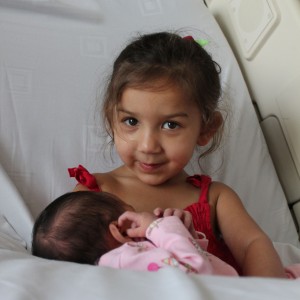
Crystal's daughters
This week I talk to Crystal who is American. She shares her experience of having baby in the USA and in Singapore as part of the series The Global Differences of Baby-Making. Here is her story:
Tell me a bit about yourself? Where are you from? How old are your children and where did you have them?
I’m 33, and when I’m not doing the wife/mom thing, I give workshops and write about sexuality during pregnancy as well as reconnecting with yourself and your partner after baby. I also love to write fiction, do photography, and bake.
My husband is a 35 year old fellow American (of Indian descent), and although he’s lived abroad many times before (as a child and as an adult), this is my first posting abroad (other than a highly structured program for one month in college). We’ve been married about five and a half years, and have two daughters; Elanor (3) and Rhiannon (born October 2011). Ravi and I are both from Massachusetts, and had been based out of the greater Boston area on and off since we were each in college in the late 90’s/early 00’s.
Elanor was born in our hometown of Boston, Massachusetts in the US and Rhiannon was born in Singapore, where we currently live.
Why did you have your children abroad?
This was an incredibly difficult decision for me to make. I agonized over the choice because Elanor became deathly ill after her birth, and we don’t have answers as to why she got as sick as she did. I’m also high risk (diabetic with pregnancy, and I was in the early stages of developing pre-eclampsia when we elected to induce Ellie’s birth). I knew that my care would require a lot of bells and whistles, and I just wasn’t sure I could find or felt confident about here in Singapore. However, I was very lucky to find a great OB who was willing to email with my OB in the states and adapt my care to simulate what I would have gotten back home (the same tests, the ante-natal assessments, etc). I was given a very thorough private tour of the hospital where I delivered, and they assured me that again, they could customize my care to meet my concerns.
Finally, giving birth in the US would have separated our family for 5 or more months as I can’t fly after 32 weeks, and the baby would need to be 6 weeks old to fly (or older, as getting a passport would have been a much slower process in the US than it was in Singapore). We were willing to do so if my condition had ever indicated that the US was where I needed to be, but thankfully while not an easy pregnancy, I remained stable enough to deliver in Singapore, and to remain with my husband and elder daughter while waiting for the younger to arrive.
What do you feel were the benefits to having children abroad?
In Singapore, once you find the right provider (I went through 5 OB’s–I found that the older, male OB’s in particular were very authoritarian and were not forthcoming with information—my OB is a younger woman, which I think had a lot to do with our connection and her flexibility), the care you receive is incredibly personal and customizable. Few people have insurance, so there’s no one dictating how frequently you see your OB, how often you get an ultrasound, or exactly what tests you HAVE to have. It’s between you and your provider to decide.
I think what blew me away the most was how personal the care was. When I needed to be rehydrated (I had hyperemesis and threw up constantly), I just went to my OB’s office and she inserted the IV herself. When I had a fall and needed to go see labor and delivery triage, she came in from home to check on me and the baby herself. There was never any question if she’d be the one to deliver my baby once she checked her calendar to ensure she wouldn’t be out of town near my due date. When my condition warranted close monitoring, we didn’t have to argue with “policy”–we just agreed that I would be seen more often. When I was hospitalized for early labor, and again after my daughter was born, my doctor dropped by my room daily (sometimes twice daily). I never questioned who would deliver my baby, or who would look after me…I knew it would be the doctor I’d picked and felt safe with.
As an expectant mother abroad how did you feel?
Like I said, I had a lot of initial anxiety. Boston is known for being one of the best places to receive medical care in the world, and having had a medical pregnancy, I was worried that I couldn’t get the level of care in Singapore that I’d become accustomed to in Boston. Imagine my surprise, then, that by the end of the pregnancy there were plenty of things I liked *better* about Singaporean care!
The OB I chose allowed me to have a lot of say in my care. This had its pluses (such as specifying which ante-natal tests I wanted) and its minuses (when we were deciding when to induce, I would have preferred less say and more objective science as to whether or not I should deliver on a given day). She was also really awesome about letting my former OB in the US have a lot of say regarding testing, and she also was given input when my condition began to deteriorate and we were making the decision regarding how much longer to allow my pregnancy to progress (I had Rhiannon at 35w 3d because of pre-eclampsia).
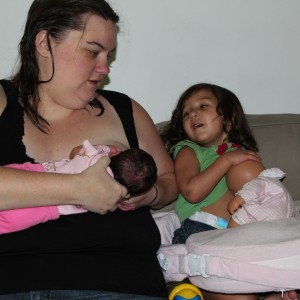 Did you encounter any opinions that would have been different in your home country with regards to your pregnancy or parenting choices?
Did you encounter any opinions that would have been different in your home country with regards to your pregnancy or parenting choices?
Well, I did get in trouble with an auntie (older woman) one time when I was visibly pregnant for drinking iced water. Many Asian cultures (including the Chinese, whom are the dominant ethnic group in Singapore) believe that pregnant women should only drink warm water, and that cold water is bad for you.
I’m also flouting convention a bit in not staying home for the first month after having a baby, and I’ve had strangers tell me that I have no business being out with the baby so soon. There’s a local practice called the “confinement month” where a confinement nurse comes over and prepares special foods for you and gives personal care to help restore balance to the body. I think there are aspects of the confinement month that are really cool (such as the only thing you should be doing is bonding with your baby) but there’s plenty that just doesn’t vibe with my American ways (not washing your hair for 40 days? No thanks!).
Breastfeeding is not popular in Singapore, where in the US there’s almost the suggestion that you’re a bad mom for not breastfeeding (which was hard for me as my breastfeeding relationship with Elanor didn’t work out). This has pluses and minuses. If you’re ambivalent about nursing or if you don’t want to/can’t, there isn’t all the mommy judgment and attitude that gets thrown your way in the US. As a mom who was on the receiving end of that judgment (Elanor couldn’t nurse for a long list of reasons) I was relieved to know that I would be spared that this time around if things didn’t work out with Rhiannon and breastfeeding. On the flip side, as a mom who *does* breastfeed my daughter, it was really frustrating to have nurses at the hospital suggest formula to help with weight gain and blood sugar, when both were within the acceptable limits of our pediatrician. There is support, but you have to really seek it out, which might make it tougher for women who don’t have as supportive a pediatrician as we do (she’s a mom who breastfed both her boys for over 2 years each).
There’s not the culture of fear in Singapore that there is in the US. I went home while pregnant (while some stuff about Singapore rocks, the markup on baby stuff does not…I made a special trip home to stock up on things that were too expensive or that I couldn’t find here…) and I was taken aback at the culture of fear in the US surrounding parenting. All of those “THINGS THAT ARE HURTING KIDS on News at 11” and the constant news about toy recalls (I haven’t heard about ONE recall since we moved here), and articles about all the things I should be worried about was pretty exhausting. I remember being annoyed by it when I lived there, but after being absent form it, it was really overwhelming. I like that in Singapore there’s this basic assumption that your kids are going to be fine (okay, they’re a bit nuts about extra schooling and that sort of thing, but we’re still a few years away from that).
The thing that’s been hardest to adjust to, though, is that Singapore is very much a closed society in some regards. There are very strict gender roles and not a lot of acceptance for homosexuality. We are very liberal on these issues, and when I found out I was having another girl, I was relieved…my husband has long hair, but if a son of ours wanted long hair as well, he get in trouble in school for it! I have a lot of LGBT friends and I identify as bi-sexual myself…I definitely worry about the impact of living in a homosexuality-negative country if either of my girls turned out to be lesbian, bisexual, or transgender. We make a point of reading LGBT friendly books to the girls, and emphasizing that they can love whomever they want (which might sound silly given their ages) because it’s important to us to pass along these values, which are not consistent with our current home country.
What advice would you give other mothers in your situation?
I think finding the right OB is the most important thing here in Singapore. Knowing what you want and discussing those goals with the OB up front is very important. Making sure that you’re informed about what all of your choices are and then advocating for yourself is important, regardless of where you give birth. Once you find the right person to work with, it’s a great country in which to give birth.
Crystal is a wife and mom who writes and does part time sexuality education. Someday, when she has “free time,” she’d love to go back to school and learn to be a pastry chef just for fun…a desire influenced by far too many hours spent watching cake making shows on Food Network. She writes about life in Singapore, her adjustment to the expat life, and her two girls on her Blog. You can also follow her on Twitter.
******
Want to share your story? Get in touch: ameena@mummyinprovence.com
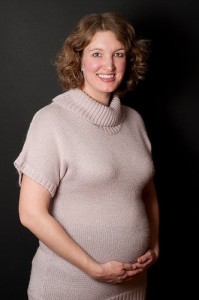 Tell me a bit about yourself? Where are you from? How old are your children and where did you have them?
Tell me a bit about yourself? Where are you from? How old are your children and where did you have them?

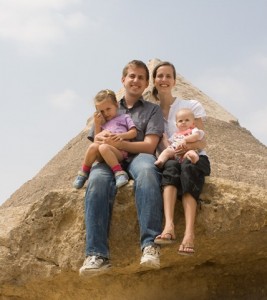 Tell me a bit about yourself? Where are you from? How old are your children and where did you have them?
Tell me a bit about yourself? Where are you from? How old are your children and where did you have them?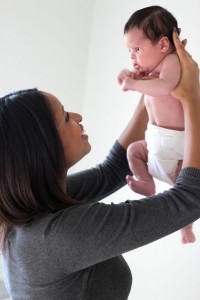
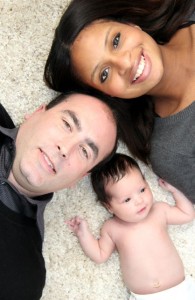 As an expectant mother abroad how did you feel?
As an expectant mother abroad how did you feel?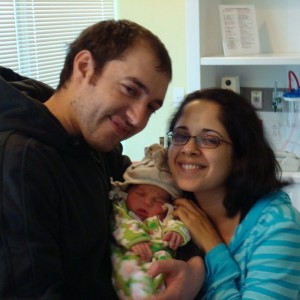 Tell me a bit about yourself? Where are you from? How old is your daughter and where did you have her?
Tell me a bit about yourself? Where are you from? How old is your daughter and where did you have her?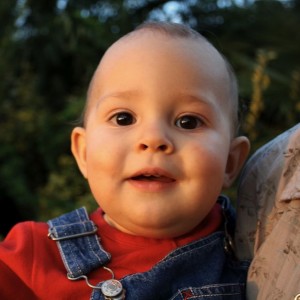 Tell me a bit about yourself? Where are you from? How old are your children and where did you have them?
Tell me a bit about yourself? Where are you from? How old are your children and where did you have them?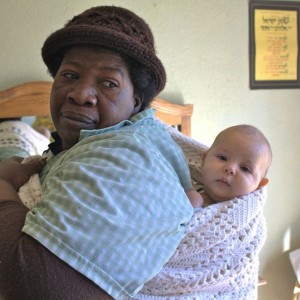 As an expectant mother abroad how did you feel?
As an expectant mother abroad how did you feel?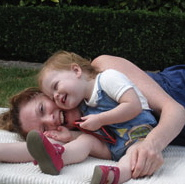
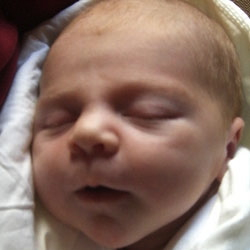 Did you encounter any opinions that would have been different in your home country with regards to your pregnancy or parenting choices?
Did you encounter any opinions that would have been different in your home country with regards to your pregnancy or parenting choices?
 Did you encounter any opinions that would have been different in your home country with regards to your pregnancy or parenting choices?
Did you encounter any opinions that would have been different in your home country with regards to your pregnancy or parenting choices?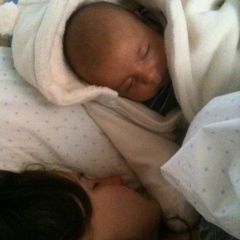
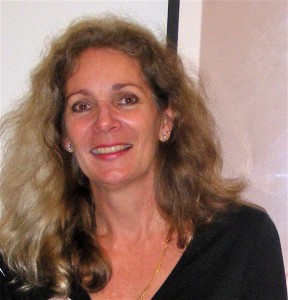 This week I talk to Apple who is TCK and eternal expat. She shares her experience of having a baby in Holland, and another in Thailand as part of the series
This week I talk to Apple who is TCK and eternal expat. She shares her experience of having a baby in Holland, and another in Thailand as part of the series 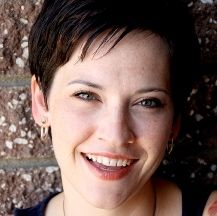 This week I talk the Lerner AKA the “Stay At Home Babe” who is American and had first baby in the US and her second in the UK as part of the series
This week I talk the Lerner AKA the “Stay At Home Babe” who is American and had first baby in the US and her second in the UK as part of the series 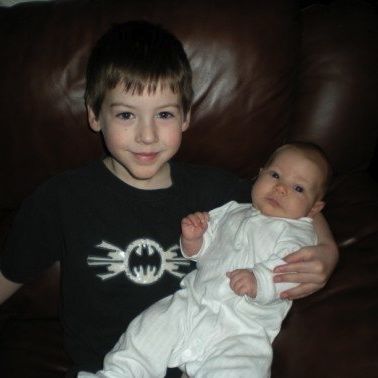 What do you feel were the benefits to having children abroad?
What do you feel were the benefits to having children abroad?